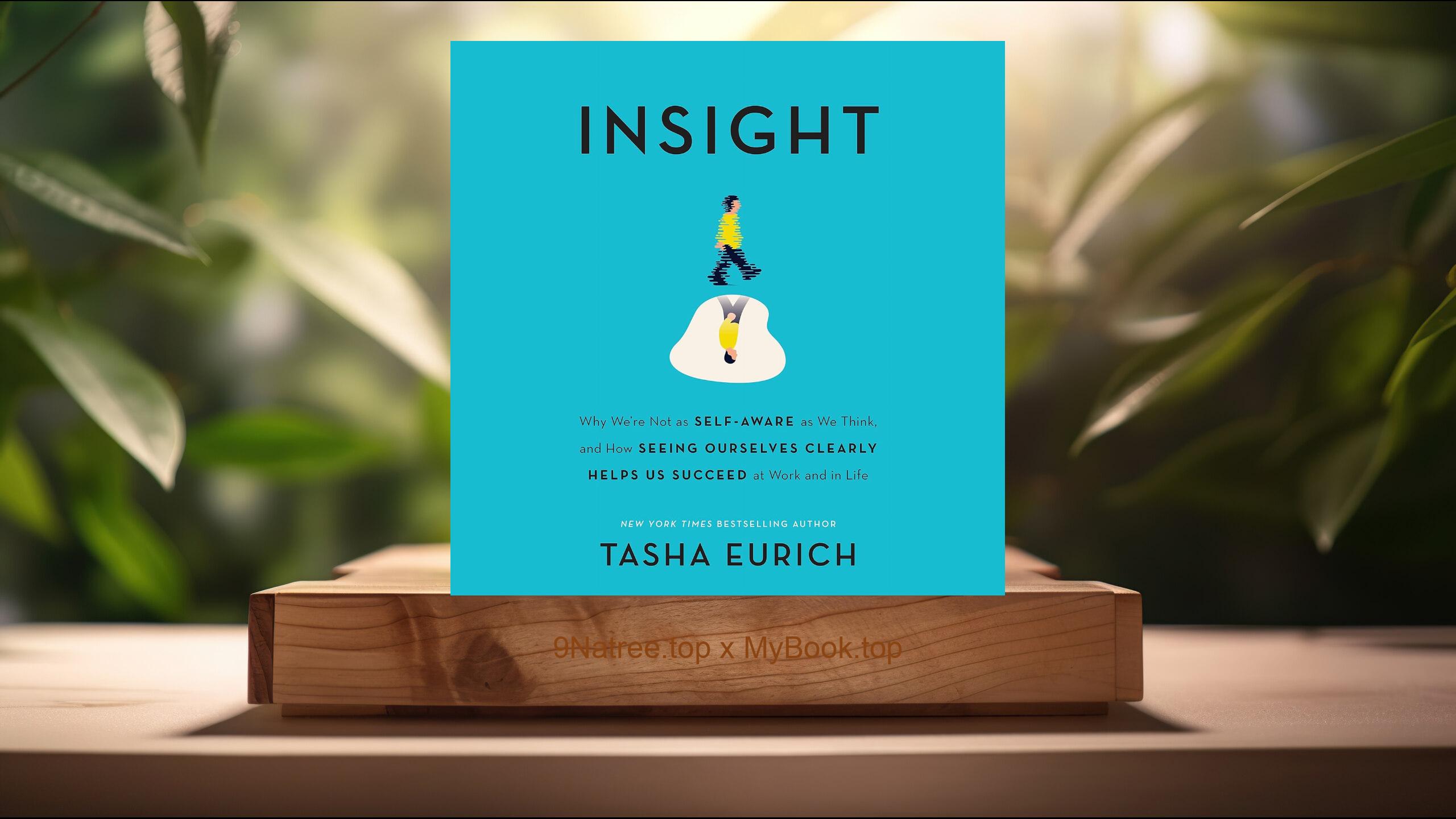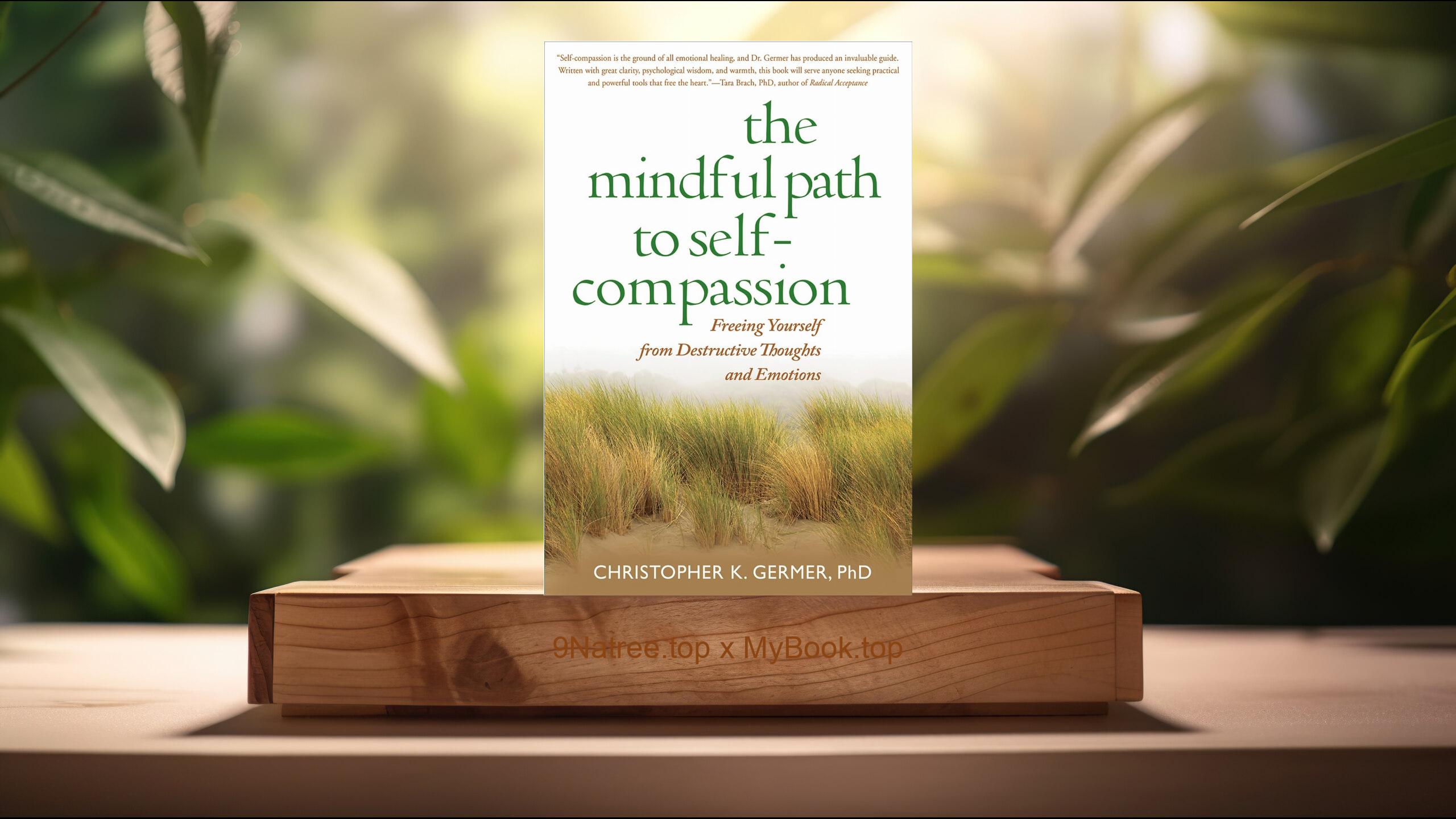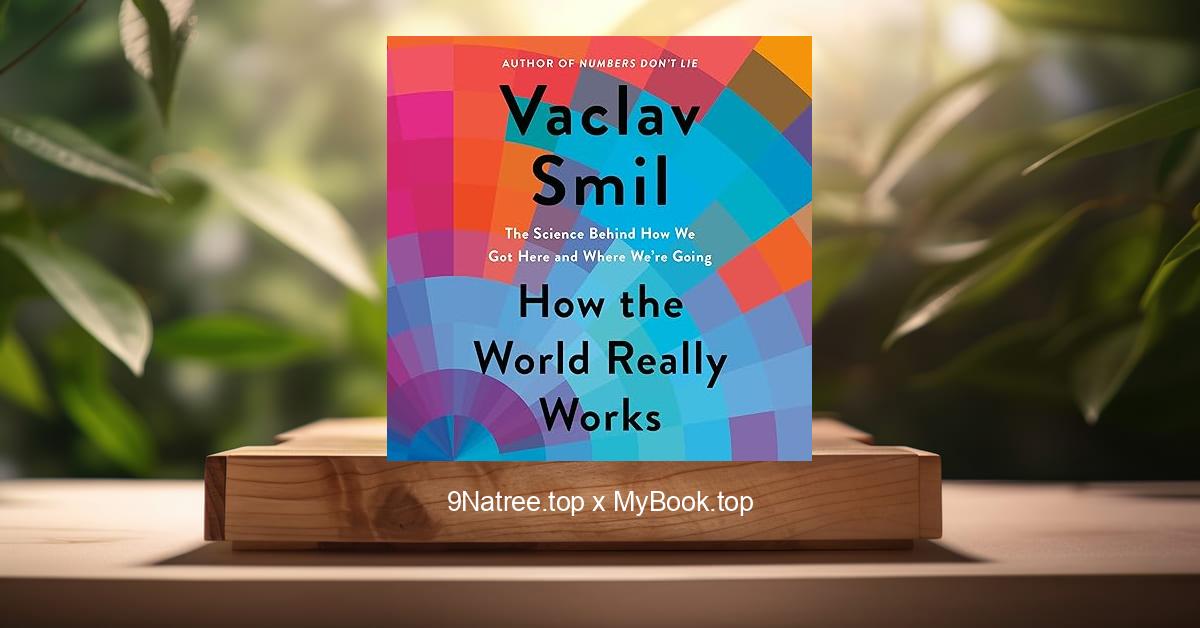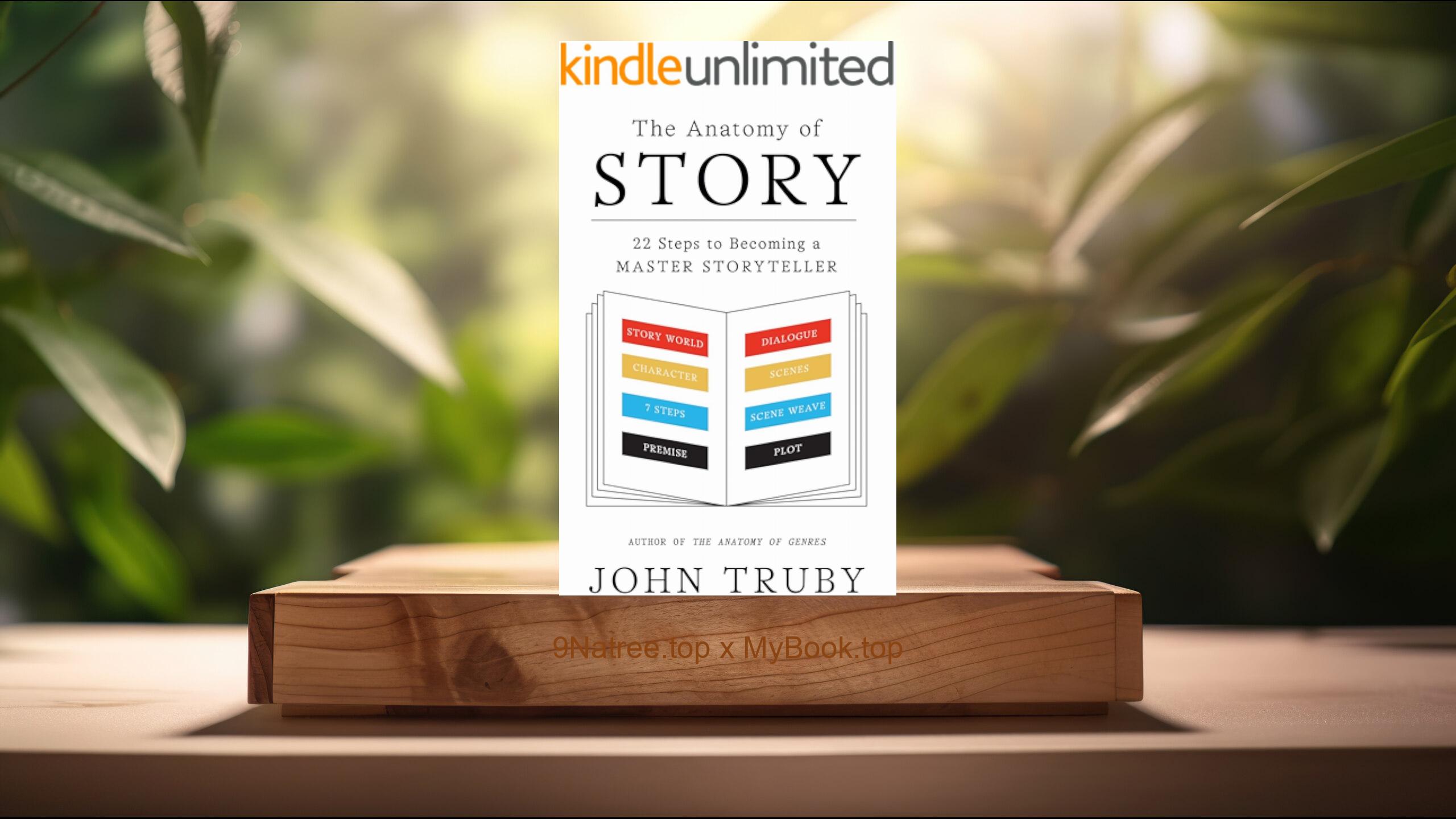Show Notes
- Amazon USA Store: https://www.amazon.com/dp/B007HI3AVY?tag=9natree-20
- Amazon Worldwide Store: https://global.buys.trade/Free-Will-Sam-Harris.html
- Apple Books: https://books.apple.com/us/audiobook/free-will-unabridged/id1439500228?itsct=books_box_link&itscg=30200&ls=1&at=1001l3bAw&ct=9natree
- eBay: https://www.ebay.com/sch/i.html?_nkw=Free+Will+Sam+Harris+&mkcid=1&mkrid=711-53200-19255-0&siteid=0&campid=5339060787&customid=9natree&toolid=10001&mkevt=1
- Read more: https://mybook.top/read/B007HI3AVY/
#freewill #determinism #neuroscience #moralresponsibility #SamHarris #philosophyofmind #criminaljustice #FreeWill
These are takeaways from this book.
Firstly, The Illusion of Free Will, In the opening sections of Free Will, Sam Harris builds his central argument: the notion of free will, as commonly understood, is an illusion. Harris explains that while people feel as though they are making decisions freely—from mundane choices like what to eat for breakfast to major life decisions—this sense of agency is a product of unconscious mental processes. Citing findings from neuroscience, Harris shows that the brain initiates actions before we become consciously aware of our intentions. This means our conscious mind does not truly initiate decisions; rather, it discovers what our brain has already set in motion. Harris clarifies that recognizing free will as an illusion does not diminish the reality of experience; instead, it reframes our understanding of how and why we behave as we do. This shift is unsettling to many because it challenges deeply held beliefs about selfhood and autonomy. However, Harris asserts that confronting this illusion head-on allows us to adopt a worldview that is more accurate and, potentially, more compassionate.
Secondly, Implications for Moral Responsibility, A major consequence of Harris's argument is the reevaluation of moral responsibility. If our actions are the inevitable result of biological and environmental factors outside our control, can we still hold people morally responsible for wrongdoing, or praise them for success? Harris delves into the societal implications, particularly in the context of the justice system. In light of his thesis, the retributive model of justice—punishing people solely because they 'chose' to do wrong—loses its foundation. Instead, Harris advocates for a system that emphasizes rehabilitation over punishment, recognizing that distinctions between the criminal and the rest of us are more circumstantial than we may like to admit. Harris suggests that compassion, understanding, and practical societal protection should replace anger, vengefulness, and moral condemnation. He is careful to clarify that acknowledging the absence of free will does not excuse harmful actions but rather demands a more rational and humane approach to justice.
Thirdly, Determinism and the Unconscious Mind, At the core of Harris's argument is the deterministic understanding of the universe. Every choice and behavior is the product of preceding causes—genes, environment, context, and neurochemical processes—none of which individuals control. Harris draws from experimental data showing that brain activity predicting a subject's movement emerges before they are conscious of their decision. He stresses that even seemingly spontaneous choices are traceable to subconscious motivations, beliefs, and desires shaped by life experience and physical brain states. Harris elaborates on the myth of the self as a 'prime mover,' exposing how decisions arise from countless unseen processes. By illuminating the unconscious wires that guide our daily behavior, he reveals how little conscious oversight humans truly have. This perspective encourages humility and a profound change in how we interpret intentionality and agency.
Fourthly, Practical Effects on Life and Society, Harris explores how adopting the perspective that free will does not exist impacts daily living and broader society. On a personal level, understanding that people are not the autonomous authors of their actions can undermine unnecessary guilt, pride, and blame. Harris discusses how this outlook can engender more generosity and patience in relationships, as it becomes clear that successes and failures result from conditions beyond anyone's individual control. On a societal scale, this worldview could reduce conflict and polarization, encourage more empathetic policies, and foster a collective approach to wellbeing. Harris is careful to note that the absence of free will does not entail fatalism; people still respond to incentives and feedback, which means society retains its capacity to influence behavior constructively. However, he emphasizes the difference between influencing outcomes intelligently versus assigning misplaced moral credit or blame.
Lastly, Meaning, Purpose, and Autonomy After Free Will, One common objection to Harris's thesis is the fear that discarding free will will render life meaningless or dissolve personal ambition. Harris argues persuasively that life's meaning, joy, and sense of purpose are unaffected by the truth of determinism. Our aspirations, values, and creative inspirations still arise and matter—they are simply understood as emergent properties of a complex, causally connected universe. Harris reassures readers that it is possible to enjoy and pursue goals, relationships, and personal development even while acknowledging the absence of ultimate autonomy. The recognition of determinism frees people from unnecessary psychological burdens and invites a richer engagement with the human experience. Harris concludes that a world without free will can still be one of deep meaning, kindness, and ethical progress—perhaps even more so, because it naturally inclines us toward empathy and understanding.
![[Review] Free Will (Sam Harris) Summarized](https://episodes.castos.com/660078c6833215-59505987/images/2038711/c1a-085k3-25n5vzrobjv-gnykdh.jpg)




